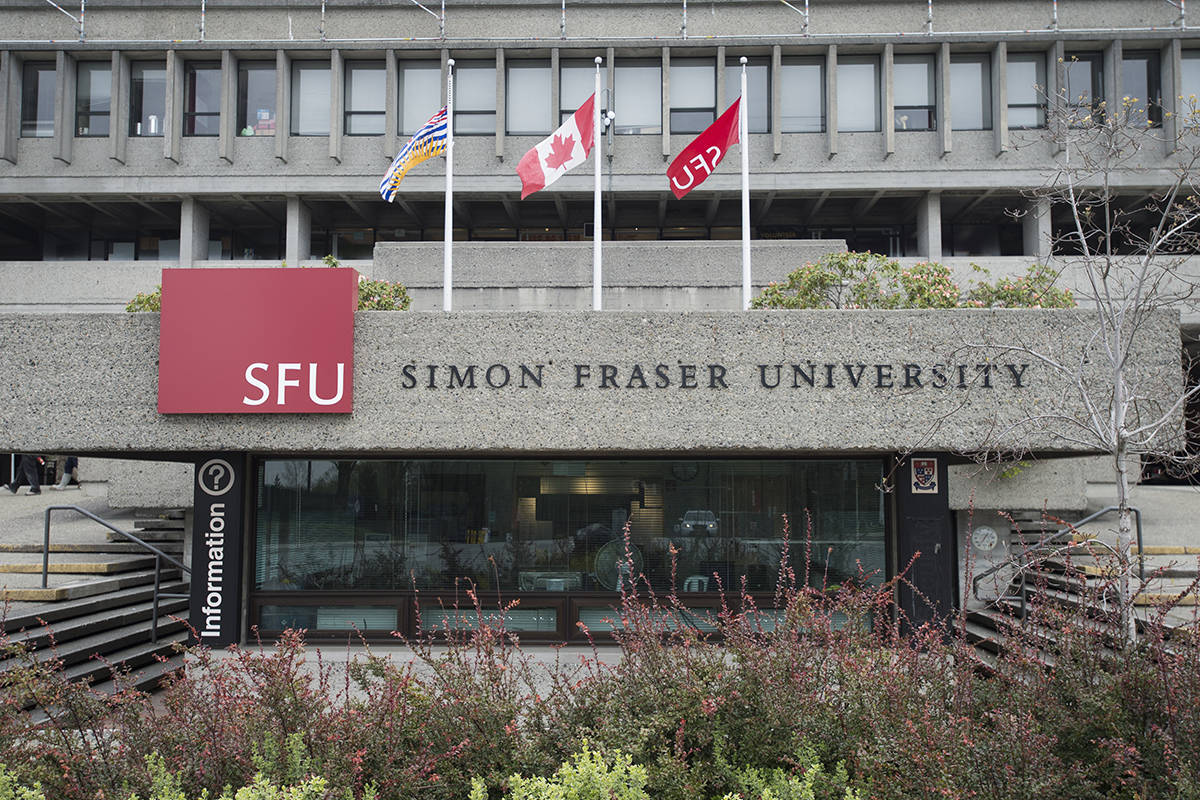Scholarship: Fully-funded
Degree: B.S./M.S.
Nationality: International Students
Location: Canada
Application deadlines: Open
Scholarship Description:
Artificial intelligence (AI) and deep learning have made significant progress over the last decade. In the areas where deep learning has been most successful (computer vision, natural language), the general strategy has been to acquire large amounts of data, design and train a neural network using gradient descent, and then use the trained model to make predictions in a task. However, this general strategy has many limitations and problems, including: consumption of large amounts of data, complex deep network architectures, time-consuming network training, and pre-trained models that are difficult to analyse. These problems become particularly apparent when deep learning is used to solve problems with scarce data/labels, unknown a priori, and low signal-to-noise ratios. Existing solutions (e.g. data distillation, model compression) are still empirical, data driven and computationally intensive.
Therefore, the main question our lab focuses on is: how can deep learning be accelerated and improved with minimal training cost from the principles and theories of deep learning?
Specifically, our lab addresses core technical issues by bridging the gap between deep learning theory and applications. Our goal is to explore practical deep learning theory and guide practice and applications. The lab’s core approach will study deep learning in four areas: data selection and augmentation, neural network initialisation and network structure, neural network training, and pre-trained neural networks. The lab will use deep learning theory to accelerate and improve the application of deep learning to computer vision, natural language and other scientific problems (bioinformatics, scientific computing).
Available Subjects:
- Artificial Intelligence Biomedical Image Analysis
Eligibility criteria:
- A strong enthusiasm for research and a desire to produce high quality research.
- Strong mathematical background (linear algebra, calculus, probability theory)
- Sufficient programming experience (mastery of common deep learning tools such as PyTorch or TensorFlow).
- Preference will be given to students from the following backgrounds: deep learning, machine learning, computer vision, natural language processing, computational biology.
Application Procedure:
Interested students should send their CVs to [email protected])


